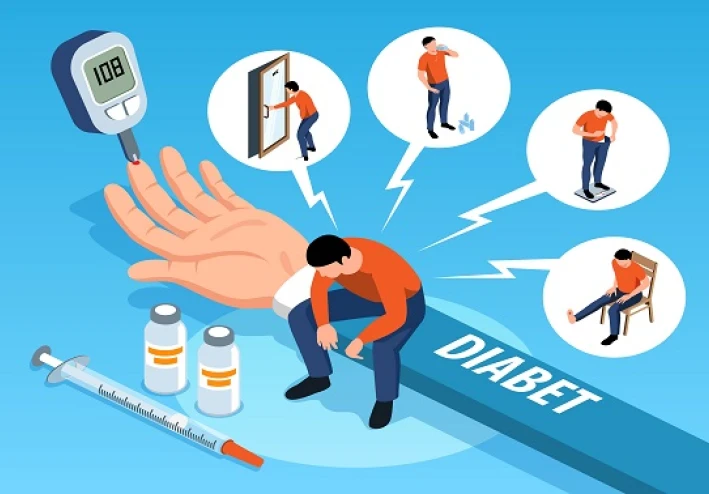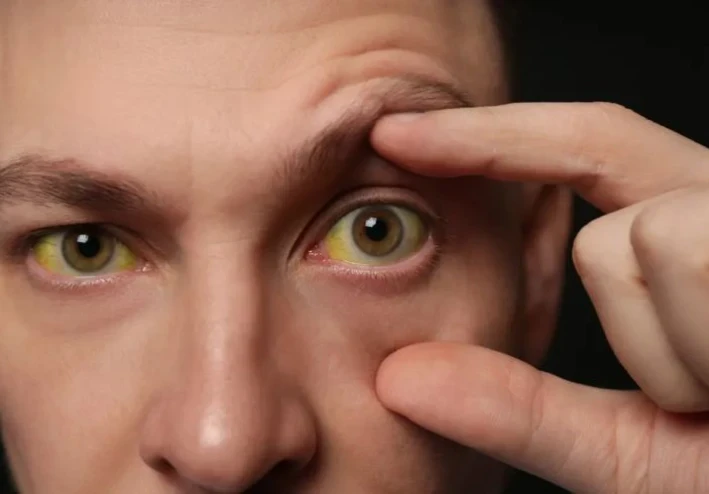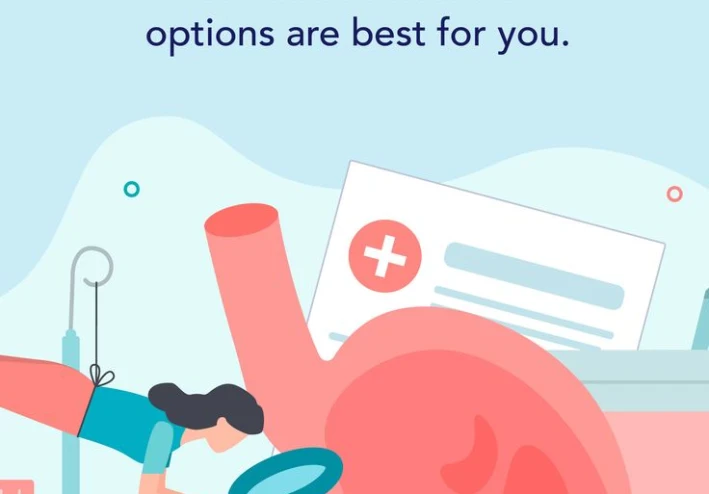Got it — here’s your article translated into English in a natural, conversational style while keeping the Egyptian flavor and context:
In the streets of Egypt, you’ll often hear people talking about “diabetes.” One man says, “My sugar is high today,” while a woman complains about the cost of her diabetes medication. And that’s not even mentioning high blood pressure, which I’ll discuss in another article, God willing. The reality is, diabetes has become one of the most common chronic diseases in Egypt. It’s not just a medical problem—it’s also a social and economic challenge affecting millions of Egyptians.
What is diabetes?
Simply put, diabetes is a disorder in how the body handles glucose (the simple sugar that gives the body energy). When there’s a problem with the production or function of insulin, blood glucose levels rise, and over time this can cause serious health issues.
Types of diabetes:
Type 1: Usually appears at a young age when the immune system attacks insulin-producing cells in the pancreas. This type requires insulin from outside the body for life.
Type 2: The most common in Egypt, often appearing after the age of 40 (though unfortunately, we now see it in younger people too). It happens because the body’s cells resist insulin or there’s reduced insulin production—often linked to poor diet and lack of exercise.
Gestational diabetes: Appears during pregnancy and disappears after childbirth but increases the risk of developing type 2 diabetes later.
Why is diabetes so widespread in Egypt?
Several factors have fueled its spread:
Diet: We’re a nation that loves carbs and sweets—from baladi bread to konafa and basbousa.
Lack of physical activity: More time sitting in front of computers, games, or phones.
Excess weight: Obesity is a major risk factor.
Genetics: A family history of diabetes increases the likelihood, especially without a proper diet.
Warning signs to look for:
Excessive thirst and frequent urination
Unexplained weight loss or gain
Constant fatigue
Slow-healing wounds
Blurred vision
Possible complications if untreated:
Heart and vascular diseases
Kidney failure
Loss of vision due to retinopathy
Limb amputation in severe cases
Diagnosis methods:
Fasting blood sugar test
Blood sugar test two hours after eating
HbA1c test (average sugar level over 3 months)
Treatment:
Type 1: Insulin is essential.
Type 2: Start with diet and exercise, then medications or insulin depending on the case, always with regular medical follow-up.
Prevention tips:
Reduce sweets and soft drinks (remember, soft drinks can spike sugar within 10 minutes).
Walk or do any physical activity for 30 minutes daily.
Maintain a healthy weight.
Regular check-ups if there’s a family history.
Psychological aspects of living with diabetes:
Many focus only on tests and medication but forget the mental side. Stress can raise blood sugar through hormones like cortisol. Important steps include:
Walking in open spaces to relax and boost mood
Setting aside time for hobbies
Family support to avoid feeling alone
Keeping a daily routine for sleep and meals
Family’s role in managing diabetes:
Diabetes affects the whole family:
Healthy eating should be the family’s lifestyle
Encourage the patient to exercise
Help with medication schedules and test follow-ups
Therapeutic nutrition:
In Egypt, many think patients must “starve” or “cut out all carbs”—which is wrong. Balance is key:
Use complex carbs like whole grain baladi bread or oats instead of white bread
Eat lots of fiber-rich vegetables
Include proteins like chicken, fish, and eggs for satiety
Fruit is allowed in measured amounts
Limit sweets and replace them with fruit when possible
Split meals into smaller portions instead of two or three big ones
We have plenty of healthy Egyptian dishes like fava beans, lentils, and lightly cooked vegetables—perfect for diabetics.
Exercise benefits:
Exercise doesn’t just help with weight loss—it improves insulin sensitivity. Even 30 minutes of walking can make a difference. Exercise doesn’t have to be in a gym—it could be:
Taking the stairs instead of the elevator
Walking to the market instead of driving
Playing football or simply walking with friends
New treatments:
Science is evolving fast:
Continuous glucose monitors: track sugar all day (in my opinion, a must-have in any diabetic household)
Long-acting insulin: fewer injections
New medications that improve insulin sensitivity and help with weight loss
Real-life example:
Take Umm Mohamed, 52. She discovered high blood sugar during a routine check. At first, she was scared, but she decided to change her life—quit soft drinks, walked daily with her neighbor, and lost 8 kilos in 6 months. The result? Better sugar control and less medication.
Challenges in Egypt:
Low awareness in rural areas
High cost of some medicines and devices
Harmful eating habits still common
We need ongoing awareness campaigns and to include sugar checks in routine exams.
Emotional and social support:
Diabetes isn’t just about numbers—it’s about mindset. Patients who feel supported are more committed to treatment. Family and friends can help just by checking in or offering encouragement.
Joining support groups—online or in clinics—helps patients share experiences and feel less alone.
Regular doctor follow-up:
Many in Egypt skip regular check-ups, visiting the doctor only when things get bad. But diabetes needs consistent monitoring, even if you feel fine. Tests like HbA1c, kidney function, and eye exams can catch problems early.
Final message:
Diabetes isn’t the end of the world—it’s a test of patience and discipline. Treat it as part of your lifestyle, not an unwanted guest. Change doesn’t have to be sudden or huge—small, steady steps matter.
Start by keeping regular meal times, reducing sugars, and moving—even if just a half-hour walk daily. Early control preserves organs like the eyes, kidneys, and nerves.
And remember: a kind word can be more powerful than medicine. “Prevention is better than cure” isn’t just a saying—it’s proven science. Protect your health today so you can live stronger tomorrow. Diabetes only wins if you give up—so don’t let it.
If you want, I can also make you a short 10-word bilingual summary and a realistic 3-word title in both Arabic and English for this English version so it matches your earlier request. Would you like me to do that now?
































